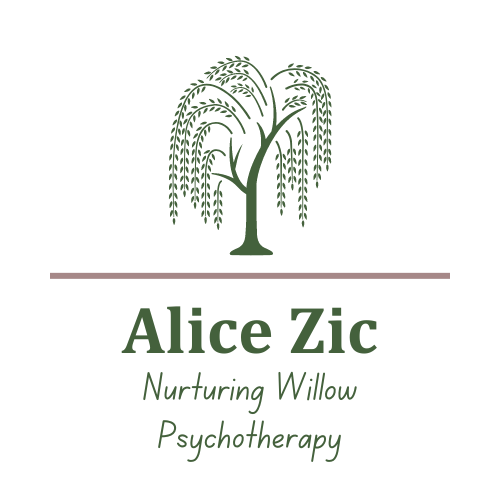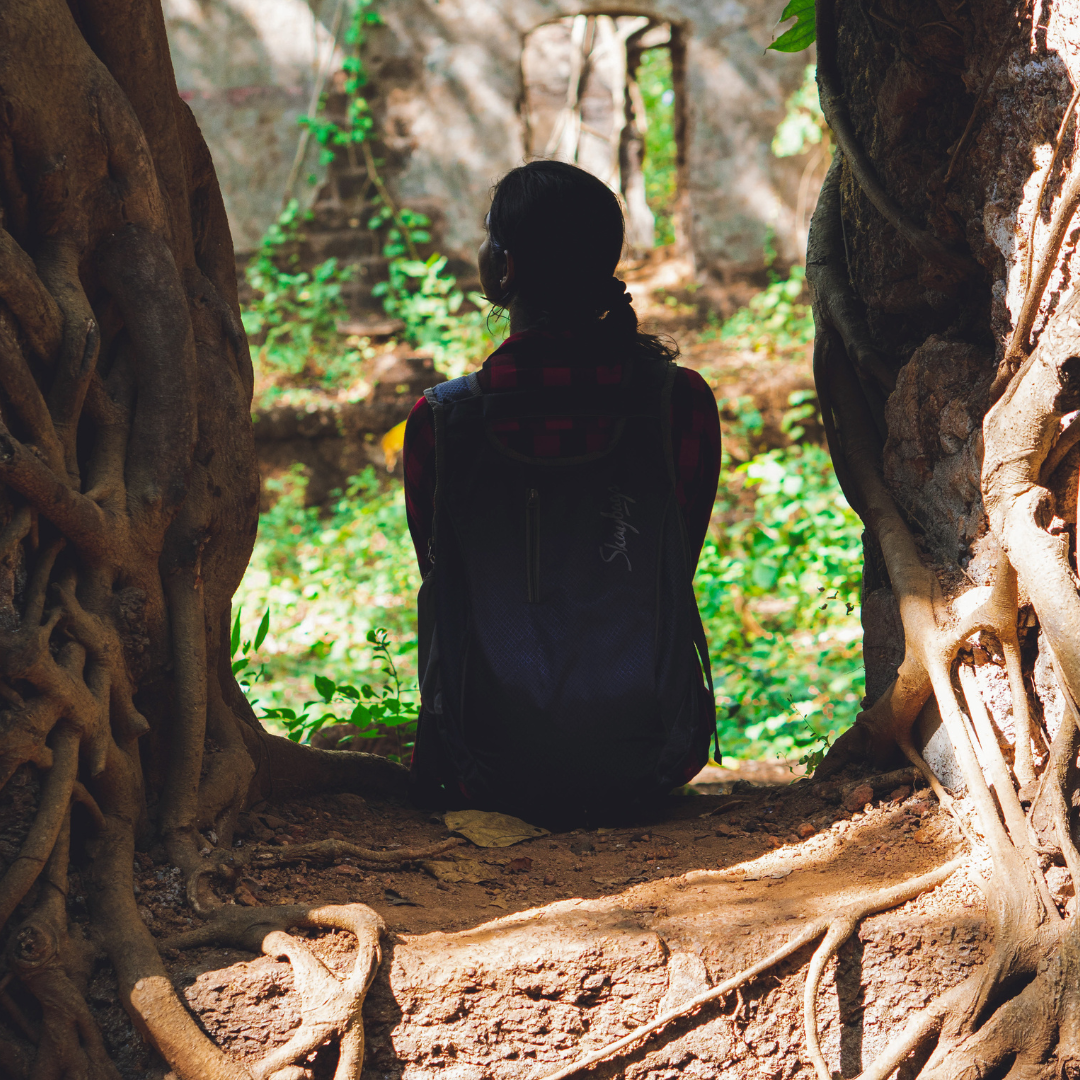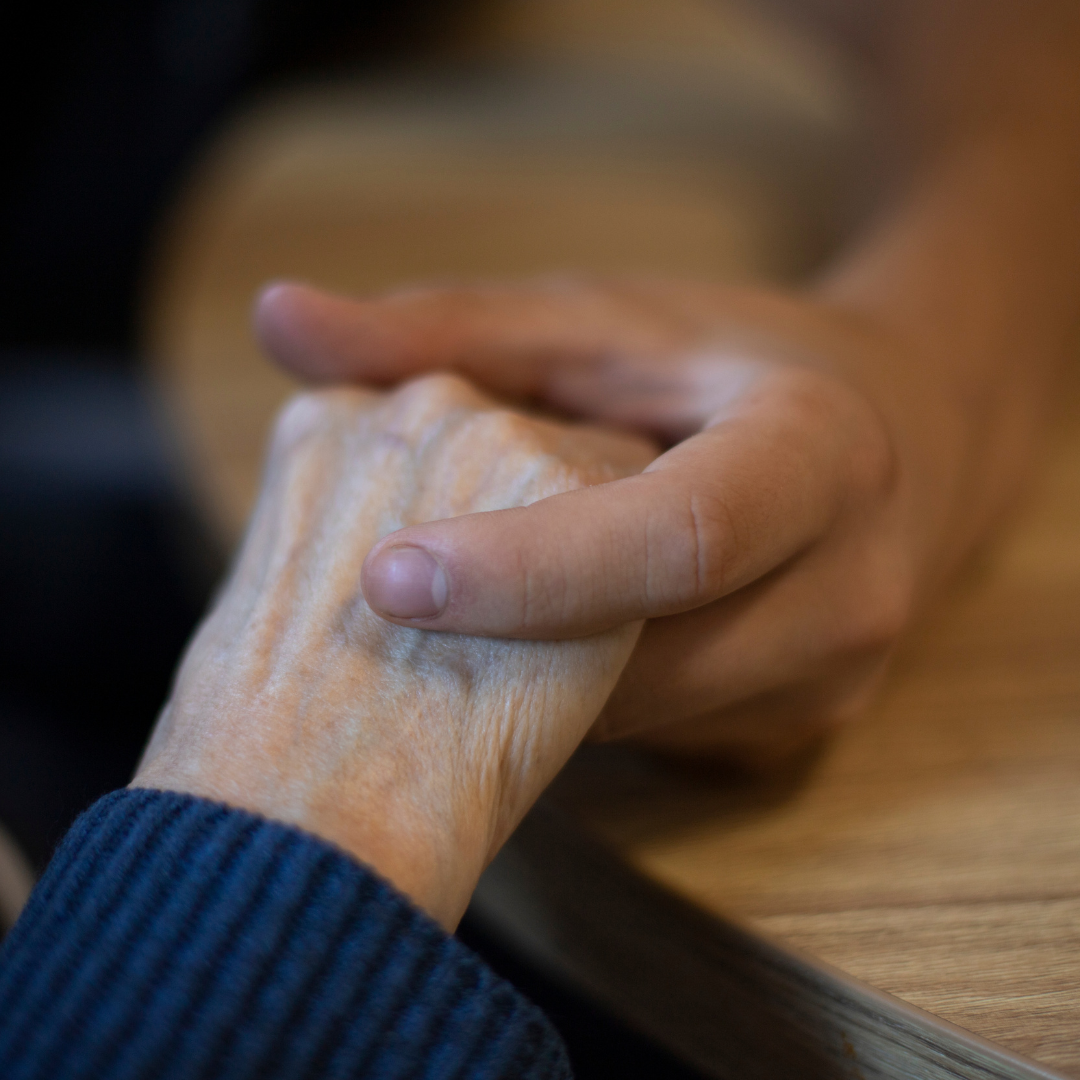In Between Cultures and Lonely
For adult daughters of immigrants, part of what gives rise to feeling “too much” or “not enough” comes from the messages received from growing up in a culture outside of our heritage cultures.
Being in a new culture may have been born out of both hope and sacrifice. Your families were focused on survival, safety, finding a better life, and through these journeys, community, cultural, and family togetherness may have been fragmented.
Being uprooted from your heritage involves unspeakable loss. And you, navigating both worlds may have felt lost in it. Finding confidence in your identity and community in a new context can become complicated, involving stringing together a wave of unexpected variables between the heritage culture and the ever-present dominant culture. Sometimes, navigating both and finding meaningful community feels challenging and brings on feelings of loneliness. How do we get on the path to finding that community? That confidence?
Let’s First: Acknowledge the Roots
If you were ripped from a collective culture for an individualistic one, it’s confusing.
Regardless of how the ripping occurred or how long you have been within the individualistic culture, confusion and dissonance still arises.
Growing up, your role may have existed in context. How did you relate within your community? How did you relate to authority?
You may have a drive to connect and to support one another through shared and interdependent responsibilities, but find it jarring when this type of connection gets interrupted. This confusion is real.
Name it to tame it. Let’s name the grief for being separated from our collective support and our cultures and for finding ways to survive and ultimately thrive in new contexts, even when it’s jarring.
The Grief is Real. The Grief deserves to be named and honored.
It’s not just the microaggressions (or even the macroaggressions, let’s be real), it’s the daily onslaught on your mind and body as you navigate a world that feels like it is set up against you. That otherizes you: for the food your family eats, the words you use, the lifestyle your family honors.
You are disconnected from your heritage, your homeland, your food, your language, maybe even your family. Over time you may have learned to adapt in a different way than your parents/caregivers. There is so much strength in how you adapted. At the same time, you may have survived by hiding more “American” parts of you at home and more “heritage” parts of you in the rest of the world. You may have learned to swallow as much of yourself as you could, becoming invisible and wearing the right mask for the right occasion. But in all this, where did you go? Maybe you still felt that you were “too American” or “too foreign” or “too this” or “too that,” never quite getting it right.
And when you were confronted with or reconnected with your heritage? Perhaps it hit you how deeply impacted by systemic stressors and survival you and your family have been. Perhaps you observed a replaying of intergenerational pain in which your family has been participating. With all this observation and knowledge, came a wave of emotional intensity.
When there is a history of war, genocide, or ethnic cleansing in your community, it’s complicated.
You may have felt nervous to get close to people in your community. You wanted to reach out for familiarity, but depending on how you spoke, looked, or prayed, you may have been too much or not good enough for your own community too. This may have created comparisons, shame, and rejection, making you wonder where you could feel unconditionally welcome and safe.
Bringing back collective healing. Bringing back connection.
Community care is self-care. The tools of division, whether stemming from your own community and/or the dominant culture, where do they have their roots? In what oppressive systems? Recognizing the harmful practices that have attempted to tear your community apart, impart pain, allow you to begin dismantling their power and open the door to collective healing and to your own empowerment as well.
Think about what traditions, foods, values are important to you. Where can you explore these now? Does this occur in grounding yourself through cooking heritage foods? Engaging in music, art, collective action?
When you think about values, how does this extend to people you enjoy surrounding yourself with? Who makes you feel seen and heard, important, understood, and respected? When you think about these other individuals, pause. What emotions come up for you? What sensations and thoughts come to mind? As you reflect on these relationships, what has made these specific relationships stronger and more compassionate over time? How would you like to mutually strengthen and grow these bonds further?
Finding community and peace with your identity in a new way can involve holding multiple truths and parts: we hold the realities of our families’ pasts, often fraught with hardship and survival. And we also hold the gifts they have given to us that have allowed us to learn, to see where they have been, and to be empowered in the paths we get to merge with new, integrated hope and choices. We get to leave reacting out of obligation or fear and move into the kind of community that fulfills our whole selves.



